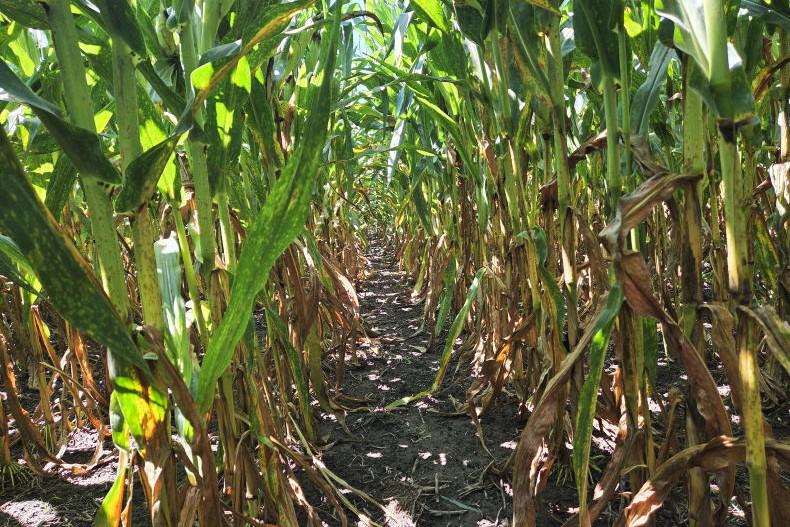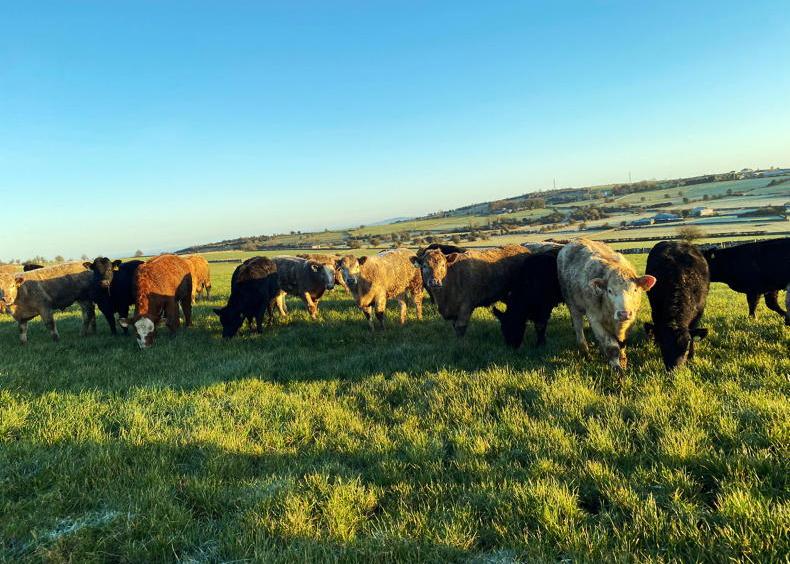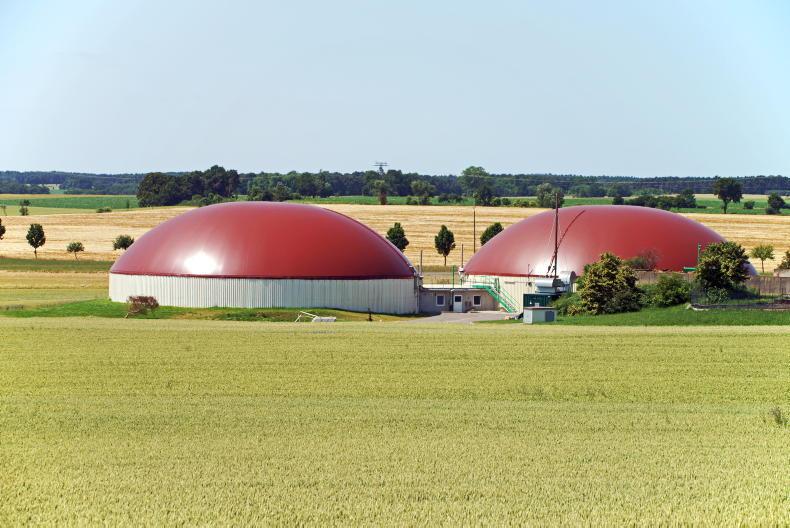Given the current lack of an Agriculture Minister and the major work involved in putting together new schemes, it is no great surprise some of the original timelines have slipped around the roll-out of new agricultural policy in NI.
The original intention was for an overhaul of the Basic Payment Scheme (BPS) to start in 2024, but this has been pushed back to 2025 when a new Farm Sustainability Payment (FSP) will come into play.
It will be 2026 before it is fully implemented.
However, in the early years, this new payment might not look that different to the BPS, given it will be based on the same system of payment entitlements that exist at present.
Farmers will not re-establish entitlements as happened in 2015, and the Department is still intent on making all land eligible for payments, except hard features (buildings, lanes etc), adding 40,000ha to the total eligible land area.
As well as simplifying the system, this takes the pressure off to control scrub and hedgerows etc.
Changes
There are some other changes planned around the fringes of the FSP, with the minimum claim size increasing from 3ha to 5ha, those who just sell grass being excluded (unless they have pigs or poultry), and a progressive cap applying, starting at £60,000.
New conditions include that farmers take part in the Soil Nutrient Health Scheme, undertake carbon benchmarking, and for dairy and beef breeding herds, they record sire details on APHIS/NIFAIS.
Just which of these conditions gets rolled out in 2025 or in 2026 remains unclear.
In 2025, it is likely that some of the farm support budget will be re-directed to fund a new beef scheme, with a further reduction in 2026 for sucklers, and the start of the Farming with Nature package of measures.
But it might take time for agri-environment schemes within Farming with Nature to build momentum. In the short to medium term, the current system of area-based payments will remain an important income stream for farmers.
Read more
Carbon audit linked to new payments
Farmers fear income hit from green policies
Given the current lack of an Agriculture Minister and the major work involved in putting together new schemes, it is no great surprise some of the original timelines have slipped around the roll-out of new agricultural policy in NI.
The original intention was for an overhaul of the Basic Payment Scheme (BPS) to start in 2024, but this has been pushed back to 2025 when a new Farm Sustainability Payment (FSP) will come into play.
It will be 2026 before it is fully implemented.
However, in the early years, this new payment might not look that different to the BPS, given it will be based on the same system of payment entitlements that exist at present.
Farmers will not re-establish entitlements as happened in 2015, and the Department is still intent on making all land eligible for payments, except hard features (buildings, lanes etc), adding 40,000ha to the total eligible land area.
As well as simplifying the system, this takes the pressure off to control scrub and hedgerows etc.
Changes
There are some other changes planned around the fringes of the FSP, with the minimum claim size increasing from 3ha to 5ha, those who just sell grass being excluded (unless they have pigs or poultry), and a progressive cap applying, starting at £60,000.
New conditions include that farmers take part in the Soil Nutrient Health Scheme, undertake carbon benchmarking, and for dairy and beef breeding herds, they record sire details on APHIS/NIFAIS.
Just which of these conditions gets rolled out in 2025 or in 2026 remains unclear.
In 2025, it is likely that some of the farm support budget will be re-directed to fund a new beef scheme, with a further reduction in 2026 for sucklers, and the start of the Farming with Nature package of measures.
But it might take time for agri-environment schemes within Farming with Nature to build momentum. In the short to medium term, the current system of area-based payments will remain an important income stream for farmers.
Read more
Carbon audit linked to new payments
Farmers fear income hit from green policies









SHARING OPTIONS